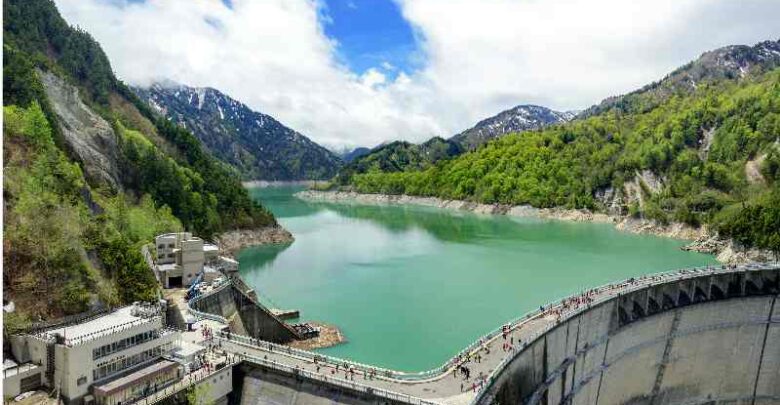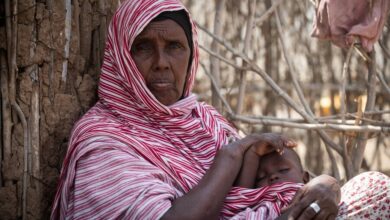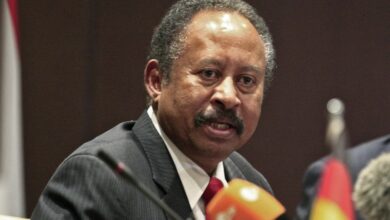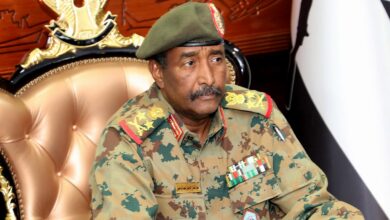
Egypt on Tuesday said it is willing to resume negotiation talks with Ethiopia to reach an agreement on a major dam project being built by Addis Ababa on the Nile River, reported Middle East Monitor.
In a Facebook post published by the Egyptian cabinet, Prime Minister, Mostafa Madbouly, said that Cairo wants to resume the negotiations on the Grand Ethiopian Renaissance Dam (GERD).
“Egypt is interested in resuming the GERD negotiations as soon as possible, with the aim of expediting the resolution of the contentious points and reaching a fair, balanced, and equitable agreement,” Madbouly said.
He added that reaching a legally binding deal on the dam is very important as his country suffers from water scarcity and depends primarily on the waters of the Nile for its water needs. Notably, Egypt meets 97 percent of its water needs from the Nile River.
Several rounds of negotiation talks between Egypt, Sudan, and Ethiopia on the filling and operation of the GERD have failed so far. The talks have been stalled since last year.
“Egypt is keen on reaching a legally binding agreement that achieves a balance between Ethiopia’s achieving of maximum possible benefit in the field of electricity generation and sustainable development, but without causing harm to the downstream countries,” Prime Minister Madbouly said.
Egypt and Sudan claim that the GERD will restrict the flow of water. Ethiopia, on the other hand, maintains that the dam is crucial to address the country’s acute electricity shortage as it will help in generating more than 6,000 megawatts of electricity from the dam.
The United Nations Security Council had called on the three countries in September last year to resume the AU-led negotiations with the aim of reaching a binding agreement on the filling and operation of the dam as early as possible.






